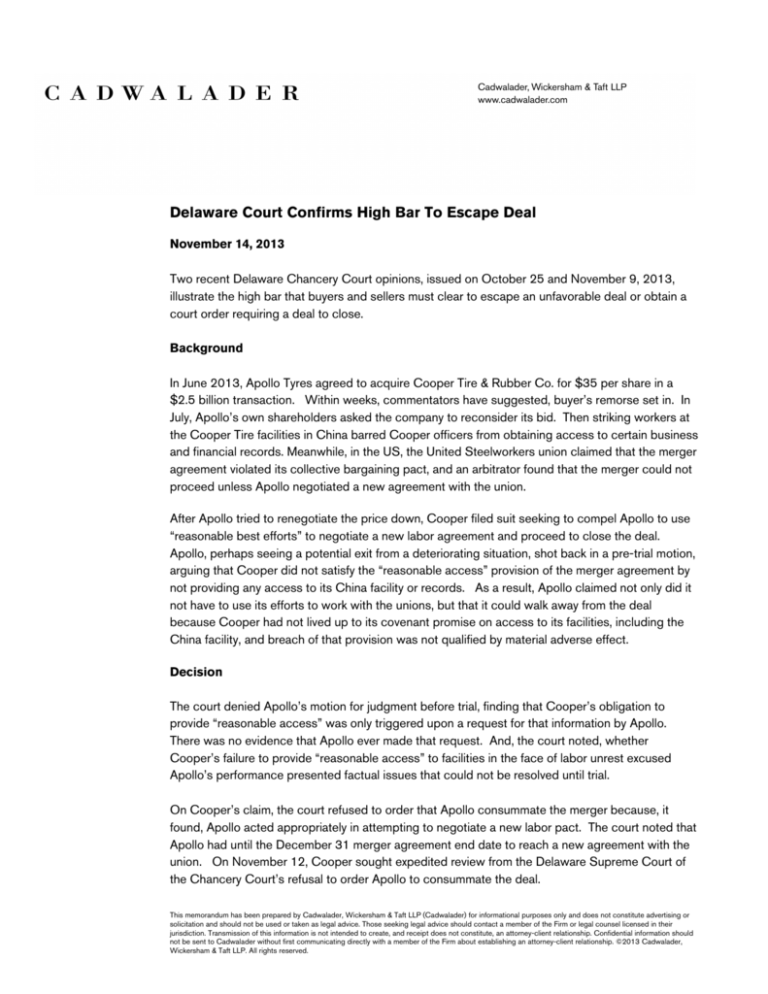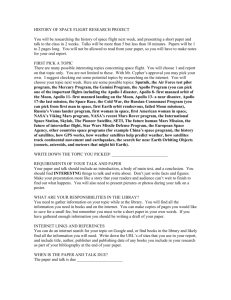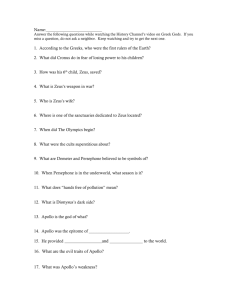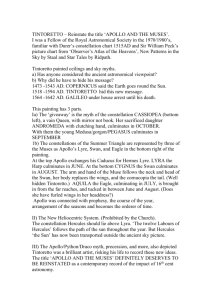
Delaware Court Confirms High Bar To Escape Deal
November 14, 2013
Two recent Delaware Chancery Court opinions, issued on October 25 and November 9, 2013,
illustrate the high bar that buyers and sellers must clear to escape an unfavorable deal or obtain a
court order requiring a deal to close.
Background
In June 2013, Apollo Tyres agreed to acquire Cooper Tire & Rubber Co. for $35 per share in a
$2.5 billion transaction. Within weeks, commentators have suggested, buyer’s remorse set in. In
July, Apollo’s own shareholders asked the company to reconsider its bid. Then striking workers at
the Cooper Tire facilities in China barred Cooper officers from obtaining access to certain business
and financial records. Meanwhile, in the US, the United Steelworkers union claimed that the merger
agreement violated its collective bargaining pact, and an arbitrator found that the merger could not
proceed unless Apollo negotiated a new agreement with the union.
After Apollo tried to renegotiate the price down, Cooper filed suit seeking to compel Apollo to use
“reasonable best efforts” to negotiate a new labor agreement and proceed to close the deal.
Apollo, perhaps seeing a potential exit from a deteriorating situation, shot back in a pre-trial motion,
arguing that Cooper did not satisfy the “reasonable access” provision of the merger agreement by
not providing any access to its China facility or records. As a result, Apollo claimed not only did it
not have to use its efforts to work with the unions, but that it could walk away from the deal
because Cooper had not lived up to its covenant promise on access to its facilities, including the
China facility, and breach of that provision was not qualified by material adverse effect.
Decision
The court denied Apollo’s motion for judgment before trial, finding that Cooper’s obligation to
provide “reasonable access” was only triggered upon a request for that information by Apollo.
There was no evidence that Apollo ever made that request. And, the court noted, whether
Cooper’s failure to provide “reasonable access” to facilities in the face of labor unrest excused
Apollo’s performance presented factual issues that could not be resolved until trial.
On Cooper’s claim, the court refused to order that Apollo consummate the merger because, it
found, Apollo acted appropriately in attempting to negotiate a new labor pact. The court noted that
Apollo had until the December 31 merger agreement end date to reach a new agreement with the
union. On November 12, Cooper sought expedited review from the Delaware Supreme Court of
the Chancery Court’s refusal to order Apollo to consummate the deal.
This memorandum has been prepared by Cadwalader, Wickersham & Taft LLP (Cadwalader) for informational purposes only and does not constitute advertising or
solicitation and should not be used or taken as legal advice. Those seeking legal advice should contact a member of the Firm or legal counsel licensed in their
jurisdiction. Transmission of this information is not intended to create, and receipt does not constitute, an attorney-client relationship. Confidential information should
not be sent to Cadwalader without first communicating directly with a member of the Firm about establishing an attorney-client relationship. ©2013 Cadwalader,
Wickersham & Taft LLP. All rights reserved.
Takeaways
The decisions confirm that Delaware courts will continue to hold both buyers and sellers to their
contractual bargain and erect a high bar for a party seeking either to jettison the deal or compel
specific performance. Deal context and contract specificity are critical.
For buyers, the Cooper decisions demonstrate:
1.
Facts that suggest a buyer is simply having a change of heart will jeopardize its chances of
exiting the transaction.
2.
There must be a clear path under the merger agreement to terminate the deal and the
buyer must have lived up to all of its contractual obligations.
3.
Buyers are not likely to be successful in avoiding an agreement by relying on clauses in the
merger agreement that are not typically intended to operate as termination rights. For
example, reasonable access and cooperation provisions are not typically negotiated as exit
rights from a deal.
For sellers, the Court’s opinions illustrate:
1.
Sellers will have a difficult task obtaining court orders requiring a buyer to close if the buyer
is able to prove that it has complied with the agreement and ample time remains for the
transaction to play out before the agreement’s end date occurs. Sellers will also need to
show that they have otherwise satisfied all conditions to close.
2.
Termination rights or conditions that are not tied to a specific standard (i.e., willful or
material breaches, a MAC, etc.) can create execution risk and potentially provide a buyer
with an unintended escape hatch to terminate or retrade the deal.
3.
Imposing mandatory requirements on parties to perform some aspect of the deal (like
access to Cooper’s facilities) should be reserved for situations that the parties can
anticipate in advance are potential deal-killers.
Please feel free to contact the following attorneys, if you have any questions about this memo.
Jason M. Halper
Partner – New York
Litigation
+1 212 504 6605
jason.halper@cwt.com
William P. Mills
Corporate
Partner – New York
+1 212 504 6436
william.mills@cwt.com
Martin L. Seidel
Partner – New York
Litigation
+1 212 504 5643
martin.seidel@cwt.com
Cadwalader, Wickersham & Taft LLP
2









